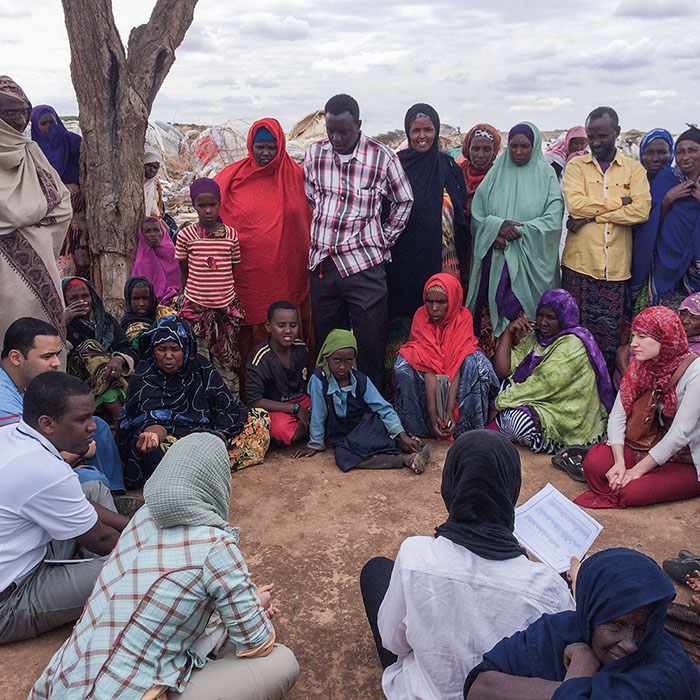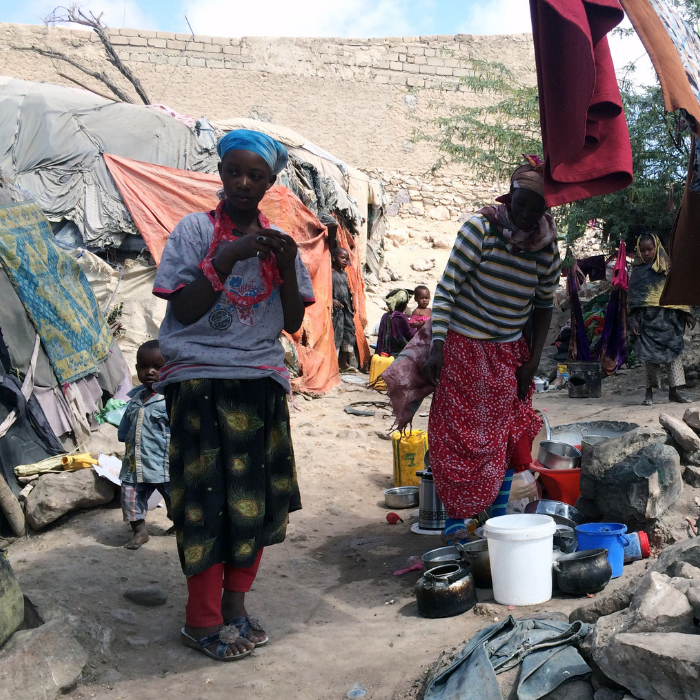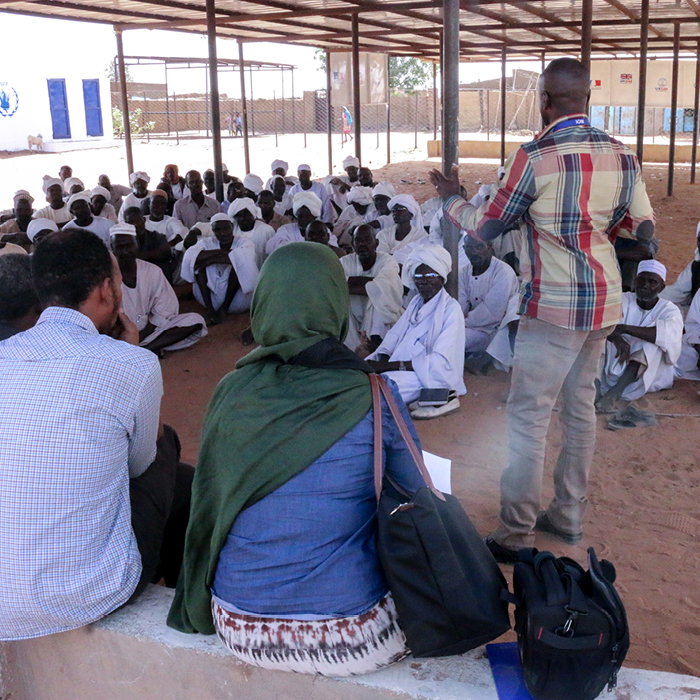The pursuit of durable solutions is a long and complex process that involves IDPs overcoming vulnerabilities related to their plight so they are able to re-establish their lives free from discrimination related to their displacement. The IASC framework on durable solutions for Internally Displaced Persons outlines the process and establishes internationally accepted criteria for measuring progress.
Most IDPs need support from a broad range of stakeholders to achieve durable solutions, and as such profiling exercises are particularly useful in informing strategies, policies and interventions to that end. They take a comprehensive, cross-thematic approach to understanding a displacement situation that incorporates the various aspects relevant to solutions into a single analysis. They also combine different methodologies into one approach that includes not only IDPs but also their hosts in determining what is needed to support solutions.
The fact that profiling exercises are inherently collaborative undertakings to establish an evidence base for joint action also helps to foster a culture of working together on the response. They ensure that the data needs of a broad range of stakeholders working toward durable solutions are considered, and at the same time encourage partners with diverse interests to pull together in the same direction. They help humanitarian and development partners to identify joint priorities and make the most of their comparative advantages, and promote the incorporation of displacement into development planning processes.
Last but by no means least, profiling exercises involve IDPs and host communities themselves throughout the process to understand their perspectives, needs and intentions, which is essential for the achievement of durable solutions.


